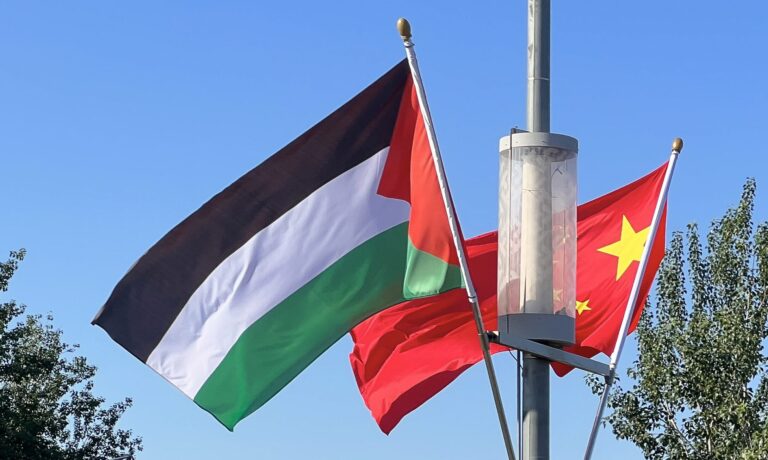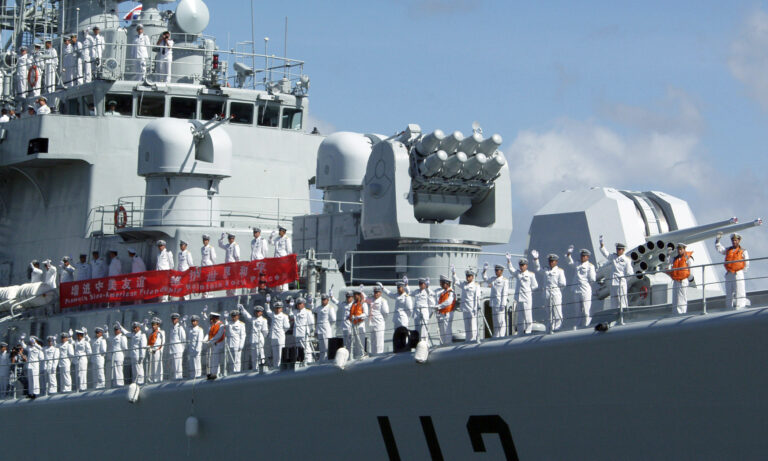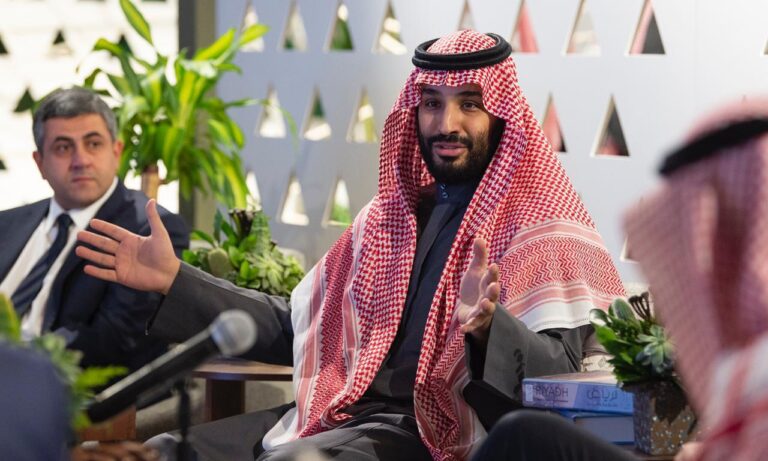#MiddleEast
Palestine and China’s Strategic Imperative in the Middle East: A Win-Win Scenario or No Win at All?
On July 23, the news broke that Hamas, Fatah and twelve other Palestinian factions signed a joint agreement in Beijing (i.e., the Beijing Declaration) to form a unity government that would oversee the Palestinian…
Could China Be the Key to Palestinian Unity?
In April 2024, Beijing hosted reconciliation talks between two rival Palestinian factions, the Palestinian National Liberation Movement (Fatah) and the Islamic Resistance Movement (Hamas). Although the meeting brought no concrete results, the two sides seemingly showed willingness to continue working towards internal Palestinian unity and solidarity. This comes as China tries to establish a firm footing in the Middle East by aiding with the mediation of a ceasefire between Israel and Hamas, who have been at war since the October 7 massacre.
Anti-Western Axis of China, Russia and Iran Forging Closer Ties Amid Growing Tensions in the Middle East
As tensions continue to rise in the Middle East, China, Russia, and Iran conducted joint naval drills in the Gulf of Aden and the Arabian Sea between March 11 and March 15, 2024. The exercise, under the name “Maritime Security Belt – 2024”, was described as a joint effort to safeguard maritime security and regional peace and stability. However, against the backdrop of the US and some EU countries’ unprecedented naval presence in the Red Sea, the drills can also be seen as sending a clear signal to the West and as a part of a longer-term pattern of boosting the trio’s mutual cooperation.
China’s Position on the Gaza War: Missing the Nuances
It has been over two months since the current conflict between Israel and Hamas started. Many have hoped that China will leverage its ‘friends to all’ position in the Middle East to facilitate a resolution of the conflict, including by participating in the release of hostages still held in Gaza. However, if Beijing’s success in brokering a rapprochement between Iran and Saudi Arabia earlier this year raised expectations of China’s greater diplomatic engagement in the region, then its reaction to the October 7 attack has managed to shatter them.
The India-Middle East-Europe Corridor: Potential and Pitfalls
On the sidelines of this year’s G20 Summit, leaders from the US, India, Saudi Arabia, the United Arab Emirates, and the EU unveiled a new ambitious megaproject. With its two branches connecting India and Europe via the Middle East, the India-Middle East-Europe Economic Corridor (IMEC) can bring about a new era in cross-regional connectivity and economic integration. From the EU’s perspective, the project gels well with its Global Gateway initiative and its desire to regain some of the Union’s waning international influence.
Israel-Hamas War: Testing Beijing’s Regional Diplomacy
On October 7, Hamas launched a surprise attack on Israel, resulting in more than a thousand deaths. As the world braces itself for a potential regional escalation in the face of Israel’s planned ground operation in Gaza, China’s attitude seems to be moving towards “pro-Palestinian neutrality.”
China Catching the Wave of Intensifying Saudi-UAE Rivalry
As the United Arab Emirates and the Kingdom of Saudi Arabia compete over regional dominance and pursue their ambition of economic diversification, courting China is likely to assume a center stage in their foreign policy.
China Aims at Breaking Another Middle East Diplomatic Impasse
As China aims at building upon its previous diplomatic success in the Middle East, achieving normalization between Israel and Palestinians would be a much more difficult task to accomplish.
Stuck in the Middle: Israel’s Balancing Act amid the US-China Rivalry
With the Middle East undergoing significant geopolitical changes, many regional powers, including Israel, are entering a new era of their foreign policy. And as the superpower competition between Washington and Beijing intensifies, particularly in…
A New Era in China’s Approach to the Middle East
With the reconciliation between Iran and Saudi Arabia, China might have paved the way for its more systematized involvement in the region.









